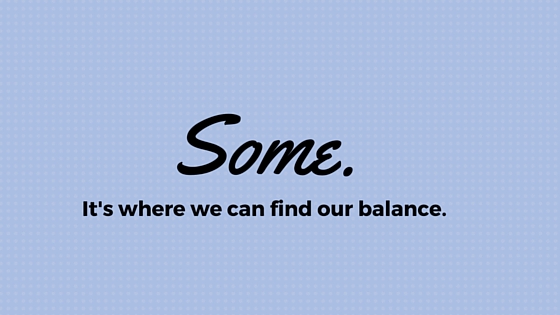Emotionally Fit, I mean. I was just chatting with a friend who was admitting she’d had a melt down last night. Her emotions took over and she expressed herself poorly which led to more confusion and general relationship disaster. A handful of things went awry:
- She was unaware of how her own actions/expression affected the other person.
- She was unable to maturely reveal her emotions and exercise restraint.
- She lacked the compassion and understanding of human nature that allowed her to connect.
- She was unable to trust quickly.
- She was not resilient when she encountered this disappointing situation.
Thankfully, she was able to see all that in the aftermath.
What would it take for us to get ahead of the meltdowns? Emotionally savvy people successfully manage difficult situations; express themselves clearly; gain respect of others; recognize when they are reacting rather than responding; motivate themselves.
Now that we are full on in December, typically an emotionally charged month, wouldn’t you like to be emotionally savvy? It could save you so much emotional drain!
The first thing for us to remember, and maybe the absolute hardest, is
emotions are not something that are done to us.
W H A T?? I thought he made me mad. No, it turns out that you chose to be mad or sad or happy. And what we choose over and over again becomes automatic for us. It may feel like those emotions are out of our control but think about the last time you were yelling at your teenager who had just done something idiotic and your phone started ringing. When you answered the phone did you have the same intense, fiery anger and shout your greeting to the friend on the other end? Probably not. So you can control it!
Another positive step toward increasing your emotional fitness or intelligence or eSavvy is to
identify what you’re really feeling.
If you’re not used to paying attention to your emotions this will be challenging. What do you really feel? Yes, you’re lashing out or turning inward but can you name the emotion. Dig a little deeper. Maybe you can identify that you are feeling sad. Is it sadness or loneliness? Are you feeling separation or isolation? Take some time to learn something about yourself here.
After you’ve given yourself some time to uncover and tune into the true emotion,
re-direct yourself with a handful of questions:
- What do I want to feel? (Surprisingly, you may discover you want to feel angry or sad. That leads to thinking through — why? What do you gain from that?)
- What would I have to believe to feel the way I want to? (It’s highly likely that you are believing a lie about yourself, the other person or the situation. What would happen if you just assumed the best plausible explanation?)
- What am I willing to do, say, create in order to bring change right now? (There is some sacrifice involved in making change. What will you risk?)
If we were teaching emotional fitness to a child, we’d say something like be the boss of your feelings.
Wading through the massive amount of information about emotional intelligence or fitness or, in our case, eSavvy, can be overwhelming. So for December just start with remembering emotions are not done to you, identify what you are feeling, and re-direct your emotion by wrestling with some well chosen questions.
Pick one of these traits — self-awareness, self-regulation, and self motivation — and comment below. What would it take for you to develop more of that trait in you?
For more information visit www.lifebydesign.guru













